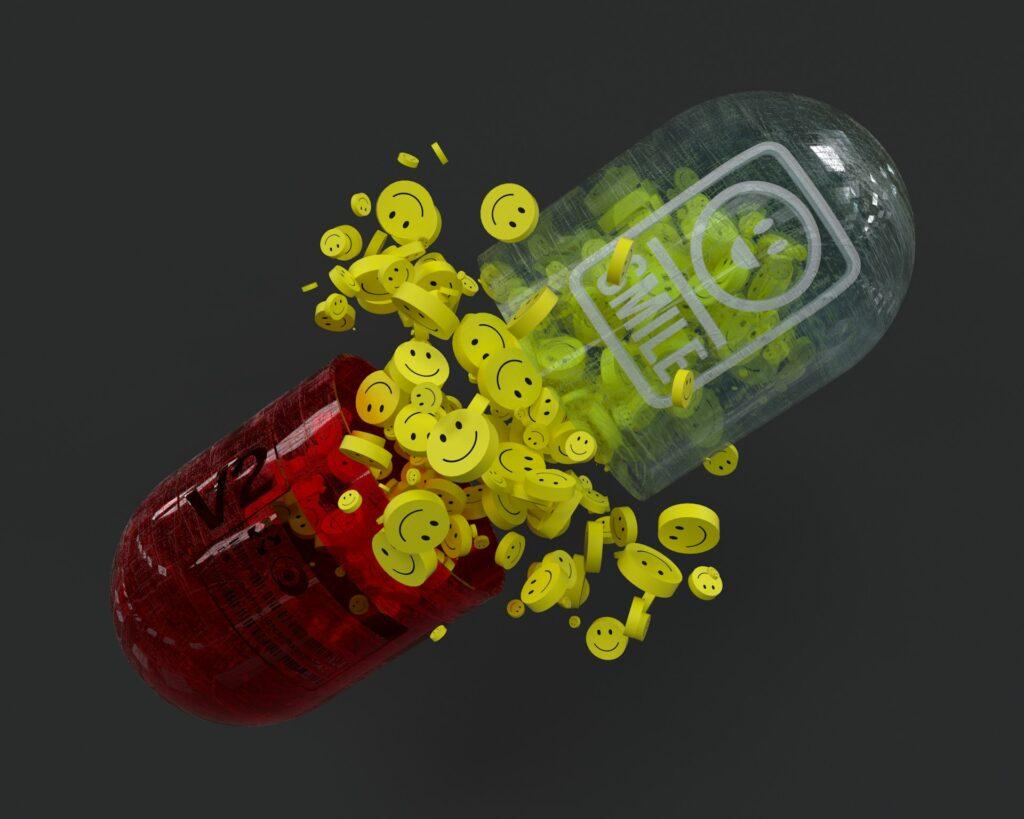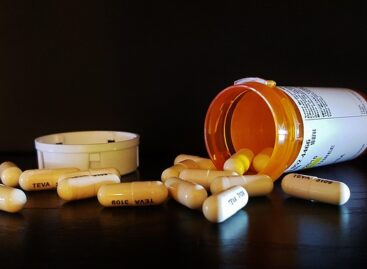Dieting is getting cheaper: price drop in the GLP-1 drug market
In the United States, the price of GLP-1 weight-loss drugs is rapidly decreasing, while more and more users are discovering that the savings from reduced food and beverage purchases almost cover the monthly treatment cost. Market competition and new sales models could revolutionize the fight against obesity without the need for insurance coverage – as highlighted by the vg.hu article.
 Medications such as Wegovy (Novo Nordisk) and Zepbound (Eli Lilly) deliver significant weight loss results, yet their official list prices still exceed $1,000 per month. Since most employers do not cover these treatments, around 100 million people must fund them out of pocket. Political pressure is mounting – Medicare has been authorized to negotiate prices, and Joe Biden is urging price reductions – while states like Connecticut are already seeking federal approval to produce generic versions before patent protections expire.
Medications such as Wegovy (Novo Nordisk) and Zepbound (Eli Lilly) deliver significant weight loss results, yet their official list prices still exceed $1,000 per month. Since most employers do not cover these treatments, around 100 million people must fund them out of pocket. Political pressure is mounting – Medicare has been authorized to negotiate prices, and Joe Biden is urging price reductions – while states like Connecticut are already seeking federal approval to produce generic versions before patent protections expire.
Demand is huge: according to PwC, 30–35 percent of Americans are interested in using GLP-1 drugs. Manufacturers have responded by introducing direct-to-consumer pricing, making treatments available for as little as $499 – half the previous cost. Research from Cornell University shows that users spend an average of $240 less per month on food and beverages, with grocery spending down 5.5 percent and spending on fast-food restaurants and cafés down 8.6 percent after six months of use.
These changes raise the question of whether government-imposed price caps or exploiting patent loopholes are necessary. Some experts believe it would be sufficient if employers provided a $100–200 monthly contribution through health savings accounts, making cash purchases simpler and cheaper without the need for insurance pre-approvals.
Thus, the two largest manufacturers are not only offering effective medication but also a new access model based on market competition rather than political intervention. The trend’s global impact is already visible: in Denmark, the home of Wegovy, grocery retail sales have fallen due to reduced consumption – a phenomenon now also observed in U.S. stores.
Related news
The GVH is investigating the market for over-the-counter medicines.
🎧 Hallgasd a cikket: Lejátszás Szünet Folytatás Leállítás Nyelv: Auto…
Read more >AstraZeneca increases quarterly profit
🎧 Hallgasd a cikket: Lejátszás Szünet Folytatás Leállítás Nyelv: Auto…
Read more >Richter and Fuji further strengthen their strategic cooperation
🎧 Hallgasd a cikket: Lejátszás Szünet Folytatás Leállítás Nyelv: Auto…
Read more >Related news
40 secure jobs, sustainable solutions – new BURGER KING® in Csepel
🎧 Hallgasd a cikket: Lejátszás Szünet Folytatás Leállítás Nyelv: Auto…
Read more >(HU) METRO Gasztro Fesztivál a SIRHA Budapesten – Élmény, inspiráció és valódi megoldások a HoReCa-szakmának
🎧 Hallgasd a cikket: Lejátszás Szünet Folytatás Leállítás Nyelv: Auto…
Read more >








